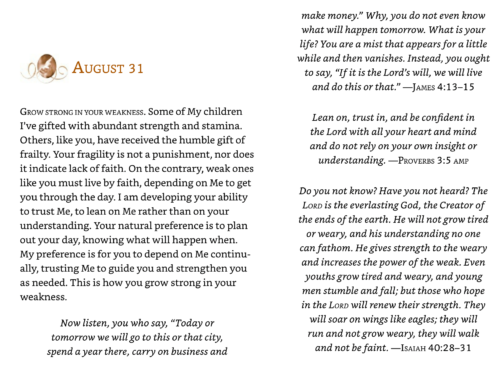Nurturing Body and Spirit
The countless “me” and “our” stories reveal the infinite ways that God draws us—as individuals, communities, and cultures—to God’s Self. None of our smaller stories are complete until they are joined to God’s Great Story. Today, my friend and colleague Barbara Holmes shares the contemplative practices she learned from her family and ancestors.
On my mother’s side of the family were slaves from the Maryland Eastern Shore. They developed their contemplative practices around meals. I can understand how people who work around crabs and blue fish can develop spiritual practices that marry full stomachs to piety. The informality of kitchen tables took the place of confessionals. Important life decisions were made as salmon cakes were shaped and collard greens were cut. Sunday meals were open to any who wanted to come. Those without families, those down on their luck, would appear for the expected fare. It was almost impossible to tell family from others by the titles attached to their names. Aunts, cousins, and uncles were often unrelated in the genetic sense but embraced and named as family. . . .
Although one could find contemplative nuances in the communal prayers and everyday work of baking biscuits, it is in the legacy of the healers that I found the most overt practices. Aunt Rebecca (on my mother’s side of the family) was a root woman. She cured the community with the herbs she collected in nearby woods. . . . Rebecca was the only one who knew which twigs and plants would fix what ailed you. After an initial diagnosis, a tea was prescribed, and whispered updates were passed after church. . . . It was understood that the tea would only address the physical disorder and that sickness required healing of spiritual disorders as well. Prayers and intercessions took place as the herbal brew was prepared. Everyone knew when someone was sick, and so the healing process became the interest of all members of the community. Since there was no health insurance, no money for medicine or doctors, it was in everyone’s best interest for Aunt Becky to succeed. And so a great deal of attention was lavished on the ailing person. As a consequence, it is impossible to determine whether healings occurred because of the medicinal effects of the herbs or the solicitous concern of the community.
On occasion, there were stories brought back from the “betwixt and between” regions where the ill dwell. These stories of a reality where healing became a tangible activity included their awareness not just of Aunt Becky’s herbal ministrations and the prayers of the community but also of the spirits of the ancestors and divine messengers. Thus, the community received spiritual witness to their beliefs about the multivalent aspects of reality and the multiple conduits to this transcendent space. In these small communities, contemplation was an everyday practice that included nurture of the body and the spirit.
